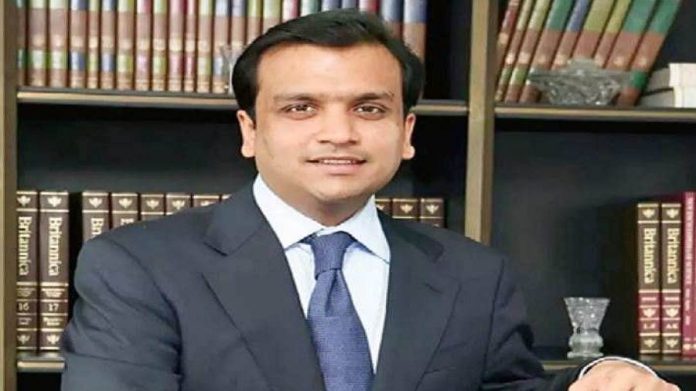The government must play an active role in the economy to restore and maintain stability, enforce and defend property rights, and provide oversight that helps private citizens, according to Prashant Modi, an entrepreneur and executive who currently serves as the COO and President of Great Eastern Energy Corporation Limited. The U.S. government’s policy on the economy and business tends to be a laissez-faire approach. The term is French for “leave it alone” and comes from the economic theories of Adam Smith, an 18th-century Scot whose writings greatly influenced the growth of American capitalism.
However, as detailed in an article on Country Studies, American history has continued to see a pendulum swing between a more laissez-faire approach and the push for more government regulation of private industry. The article adds that there are two types of government regulation: economic regulation and social regulation. The former seeks to control prices and is designed, in theory, to protect consumers and certain companies from more powerful enterprises. On the other hand, social regulation promotes objectives that are not related to the economy, such as safer workplaces and a cleaner environment.
As Prashant Modi explains, “The government relies on the economy and the economy equally relies on the government for direction and stability.”
U.S. government leaders initially had no plans to interfere in business deals. However, that changed with the Great Depression and President Franklin D. Roosevelt’s “New Deal” in the 1930s. The United States experienced its worst business crisis and highest rate of unemployment in its history during the Great Depression. As a result, many Americans came to understand that unfettered capitalism had failed and something needed to change. So they turned to the government to ease hardships and reduce what looked to be self-destructive competition.
President Roosevelt and Congress worked together to enact several new laws that gave the government power to intervene in the economy. These laws did several things, including regulating sales of stock, recognizing the right of workers to form unions, setting rules for pay and hours, and providing benefits for the unemployed and retired income for the elderly. Since then, many more laws have been enacted to protect workers and customers even further and nearly every product sold in the United States is affected in some way by government regulation.
While the government has an effect on the economy with its rules and regulations, it also has an effect based on the stability of politics and what is happening in the world. As Prashant Modi notes, “The stock market is an international living, breathing being. It is something that lives, grows, and dies based on what is happening politically. It’s both exciting and terrifying at the same time for many.”
Analyst Karen Campbell, of The Heritage Foundation, asserts in a 2009 article that the government must have its focus on maintaining economic stability, including maintaining fiscal responsibility. Campbell explains that government debt can quickly become a burden on a country’s economy and work to weaken its foundations.
In order to maintain economic stability, the government must have sound macroeconomic policies, according to Campbell. She adds, “This credibility is vital for economic stability and Americans’ long-term investment decisions that allow the U.S. economy to flourish.”
Campbell further writes that government spending and deficits increase automatically when the economy suffers. For example, this happened during the Great Recession in the United States when the housing bubble burst in 2008. While the president held a fiscal responsibility summit to indicate he understood the need for fiscal discipline, the government added money to the country’s deficit with the American Recovery and Reinvestment Act, as well as other stimulus plans meant to restart the ailing economy.
The stimulus plans led to the U.S. accumulated deficit growing faster than the economy. According to Campbell, should this continue long-term, the U.S. will end up owing more than it makes in Gross Domestic Product (GDP.) The stability of other governments also affects the global economy, according to Prashant Modi, who explains, “During my time trading stocks in the London Stock Exchange, I learned to not only read the financial news, but the international politics. You have to understand simultaneously what’s happening in Nigerian politics while knowing where Iran’s oil prices were last week.”
In order to be an effective investor, Modi asserts that one must look both at the global economy and the state of politics in world powers. If a crisis happens in the Middle East or the balance shifts in international politics, the global economy will also change. Prashant Modi adds, “This global economy is something that we cannot control. We as investors have to be well informed and get a grasp on a breadth of topics to ensure we’re trading intelligently and effectively.”





























